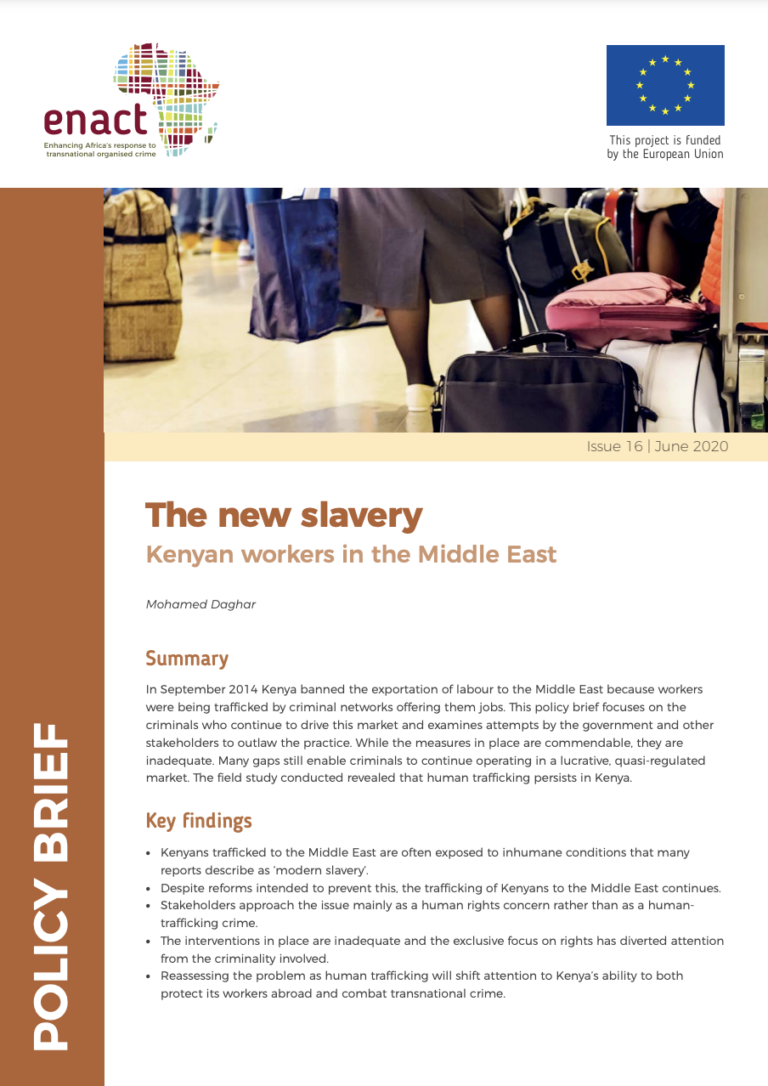PREVENTING HUMAN TRAFFICKING: AN ACTION FRAMEWORK FOR THE TRAVEL & TOURISM SECTOR
Good PracticesPublicationsA new report from INTERPOL assesses the problem of trafficking in human beings for organ removal (THBOR), which is driven largely by the global shortage in organs for ethical transplant. While organ trafficking exists in all regions of the world, it...Read More

